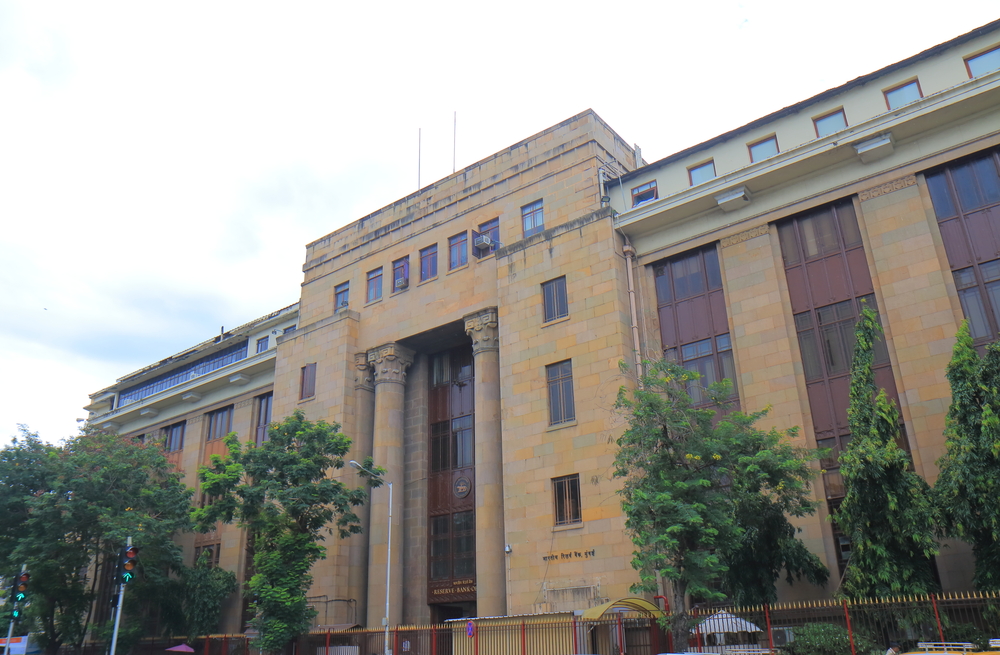The Reserve Bank of India (RBI) is likely to keep the key policy rates unchanged at its forthcoming policy review meet next month amid easing global crude prices and robust agriculture production, a report has said.
According to a forecast by Dun & Bradstreet Economy, robust farm production and softening of vegetable and fruit prices will also help to control food inflation.
The report added that the government’s new procurement policy would support the prices of agricultural produce going ahead.
D&B expects the CPI inflation to be in the range of 2.8-3 per cent and WPI inflation to be in the range of 4.8-5 per cent in November this year.
This observation comes at a time there have been calls from some quarters that the RBI should trim the cash reserve ratio (CRR) given the tight liquidity conditions in the system. Though the central bank has come out with open market operations (purchase of government bonds), a clamour for a reduction in CRR has not died down.
CRR is the portion of deposits that banks must maintain with the RBI and it stands at 4 per cent.
A 50-basis-point cut in this reserve ratio will improve banking sector liquidity by at least Rs 50,000 crore. Though retail inflation came in at 3.31 per cent in October, a few experts are not in favour of a CRR cut at this juncture as core inflation remains high. They feel the central bank will still be wary of how oil prices could behave.
The RBI will announce its fifth bi-monthly monetary policy on December 5. In its last meeting, the committee had changed its stance to calibrated tightening even as the policy repo rate was kept unchanged at 6.5 per cent.
According to Dun & Bradstreet India lead economist Arun Singh, the risks emanating from global oil prices have eased to an extent as oil prices are likely to fall or remain subdued in the near term.
“This has partially dispelled concerns over one of the primary factors affecting India’s current account deficit, fiscal slippage and inflationary dynamics,” he added.
Singh said the return of foreign investors in Indian markets, stability in rupee, strengthening of industrial production and benign inflation have provided much required support to expectations of economic growth revival.
“It would be interesting to know the decision taken by the RBI in its upcoming monetary policy review. RBI will maintain a status quo in the policy rate,” he said.
Fund demand
The finance ministry will not curtail its capital infusion plan for this financial year even as state-owned banks would be needing fewer funds following the RBI’s decision to defer the deadline to meet Basel III norms by a year, according to sources.
Under the new dispensation, the capital infusion would come down to around Rs 15,000-20,000 crore, sources said.











